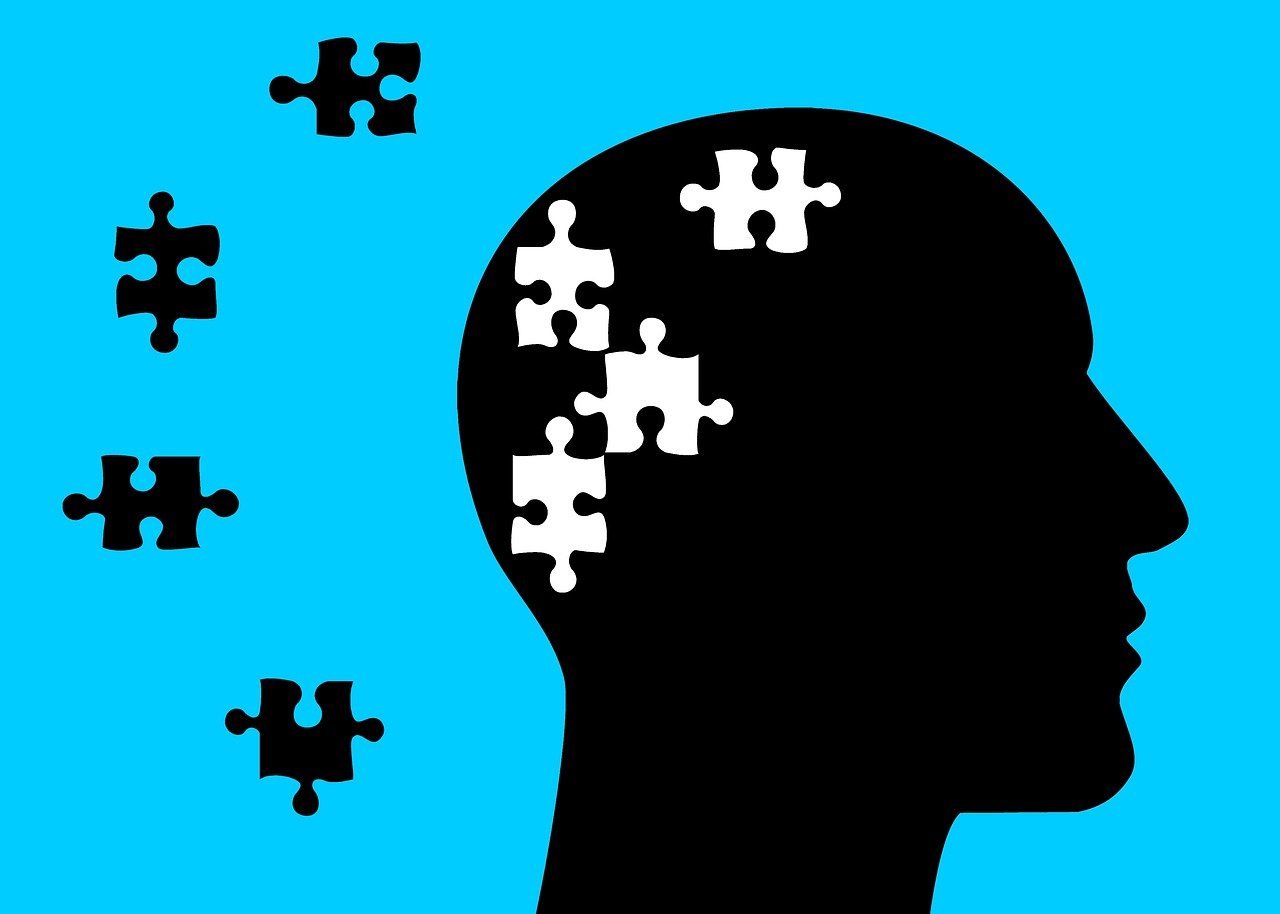
Growing up my mom never told me Frank lived with a disorder called paranoid schizophrenia. I don’t think she even fully understood Frank’s disorder or knew how to talk about it. I have childhood memories of Frank, and then I have college-age memories of him. Those differ significantly, much of which I blame on the taboo surrounding mental health. In my earliest memories Frank was the man who left my grandmother, my mom and her 3 siblings when they were just children. The man who lived alone in a decrepit Oklahoma farmhouse, chain smoking Marlboro cigarettes, and telling outlandish stories. And yes, Frank was my grandfather.
As an older teenager I lived in Oklahoma for a short time and finally started an actual friendship with him. At this point, he had moved into an apartment in a senior citizen community. This version of Frank was highly respected by his friends and neighbors. He took his meds, paced in his room and didn’t always sleep well. But he was consistent, kind and generous, expecting nothing in return. Turns out, Frank had left all those years ago to check himself into a mental institution. Once he learned to manage his disorder, he came back for his family but my grandmother wouldn’t take him back. Frank lived alone most of his life because he didn’t want to be a burden to another person. I often wish I knew more about mental illness back then to have understood him better.
Here is my point, though. Frank lived with mental illness most of his life. It was a part of him, but it was not all of who he was. He recognized the warning signs early on and he took action to manage the symptoms. Mental illness is very real and the warning signs should never be ignored. Mental illness can also be treated and managed if it is addressed.
In senior citizens, some of the most common forms of mental illness include depression, dementia, Alzheimer’s disease, anxiety, bipolar disorder and schizophrenia. According to Web MD, clinical depression is quite common in older people, affecting about 6 million Americans ages 65 and older. Sadly only about 10% of those Americans get treatment, and often it’s because symptoms of depression may look different or seem to be normal aging. In the movie, Silver Linings Playbook, the main character, Pat, explains to his therapist that before he was diagnosed with bipolar disorder, he was just trying to “white knuckle it”. It also quickly becomes evident that Pat’s aging father has many of the same symptoms but is not seeking treatment. I wonder how many of us relate to simply “white knuckling” our mental illness symptoms when we don’t have to. Help is available in the form of doctors, therapists, sometimes medication, other times support groups, and countless other management tools.
Some warning signs of mental illness include, but are not limited to:
- Changes in Memory: It’s often assumed that memory loss is a normal part of aging. It’s actually not. It can be a warning sign for Alzheimer’s and dementia, but it is often ignored until it is in an advanced stage. Forgetting important dates, asking the same question multiple times in the same conversation, or constantly losing/misplacing things should be discussed with your doctor.
- Noticeable changes in appearance/Lack of self care: Sometimes this can mean a person is no longer able to care for themselves. But it can also be a warning sign of mental illness. Watch for symptoms such as stopping bathing, not applying makeup when they always did before, not getting dressed, etc.
- Change in disposition: This type of change can indicate depression, anxiety or Alzheimer’s, especially if the shift in mood lasts longer than a few weeks. Any noticeable mood change is worth noting. If they no longer seem like themselves, encourage them to seek professional help.
Learn the signs and watch for them in yourself and in aging loved ones. Ask for support from a medical professional. Help is within reach if we know that we need it. Don’t ignore the signs. Mental health is just as important to a thriving life as physical health.
DISCLAIMER : This article contains information that is intended to help the readers be better informed regarding exercise and health care. It is presented as general advice on health care. Always consult your doctor for your individual needs. Before beginning any new exercise program it is recommended that you seek medical advice from your personal physician. This article is not intended to be a substitute for the medical advice of a licensed physician. The reader should consult with their doctor in any matters relating to his/her health.




